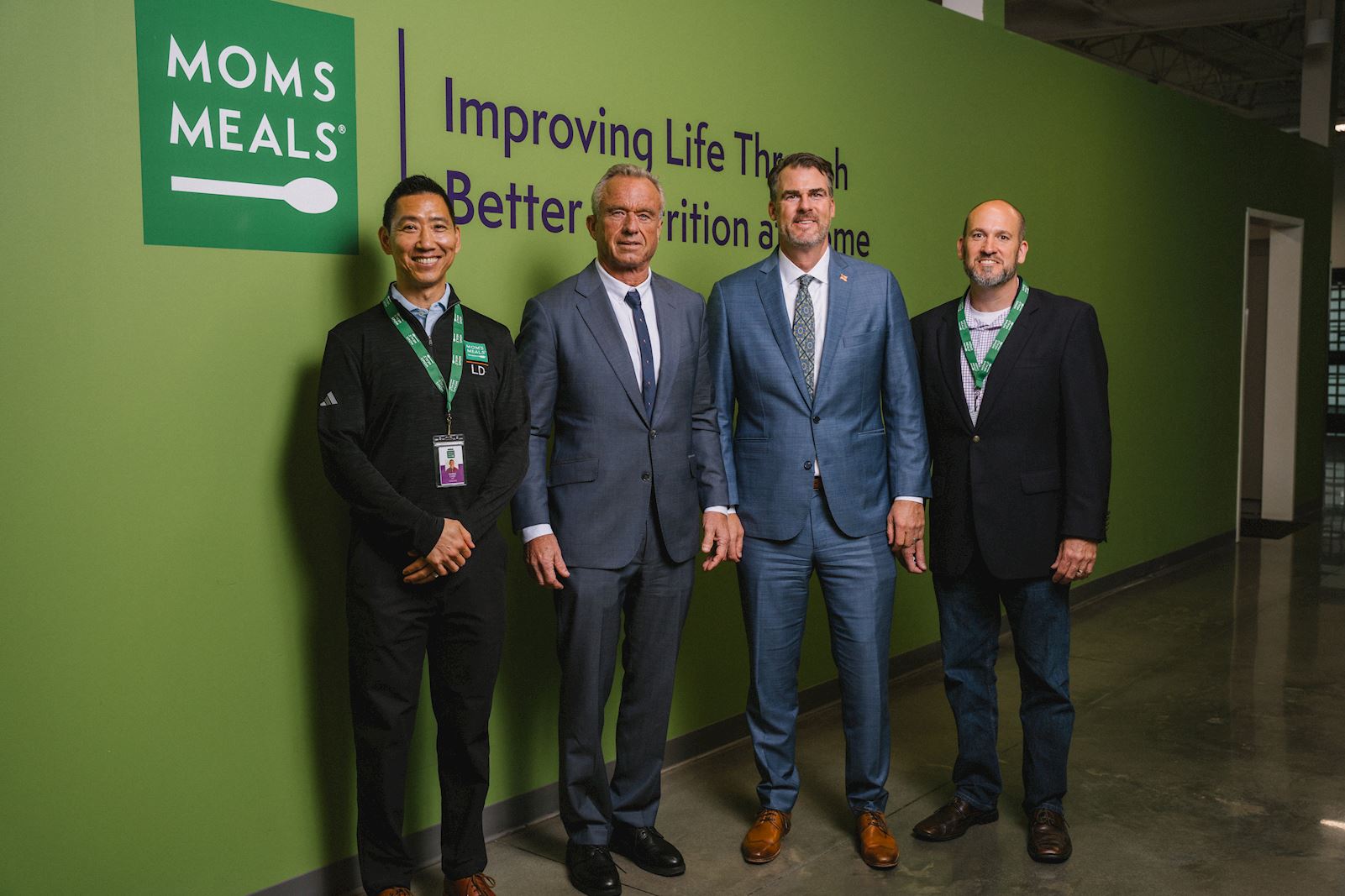Many factors affect how someone recovers after a hospitalization — home support, medication adherence, consistent physical therapy — but experts agree, convenient access to good nutrition is one of the most important factors when it comes to successfully healing after discharge.
A new study reported in JAMA Health Forum reinforces that fact with important new data on how good nutrition improves outcomes. The research by Kaiser Permanente of Southern California (KPSC) demonstrates that home-delivered meals provided to recently discharged patients help reduce rehospitalization and death post discharge.
Good nutrition speeds healing
It’s widely understood that nutrition is the foundation of healing after a hospital stay, especially for patients who have complex medical conditions or are recovering from serious illness. Malnourishment is another important concern because malnourished patients don’t have the energy to sustain bodily functions or the healing process.
Studies show that up to half of patients, especially older adults, admitted to the hospital are either at risk for malnutrition or are malnourished. Other patients become malnourished during their hospital stay — about one-third of patients whose nutritional status was adequate on admission become malnourished in the hospital.
Study overview
The goal of the KPSC study was to evaluate how offering convenient, nutritional support during the vulnerable post-hospitalization period for patients could reduce the likelihood of rehospitalization and death.
For the study, KPSC offered four weeks of Mom’s Meals home-delivered meals to an ethnically diverse cohort of almost 12,000 Medicare Advantage patients who were recently discharged from 15 Kaiser Permanente hospitals. Study participants had been admitted to the hospital for heart failure or other acute medical condition.
Results from the study group, or “meals benefit” group, were compared with two control groups, one from a 2019 historical study and another concurrent cohort that did not receive a meals benefit.
Focusing on a home-delivered meal benefit
Members of the “meals benefit” cohort, received four weeks of home-delivered meals from Mom’s Meals. They could select from different Mom’s Meals medically tailored menus including heart friendly, lower sodium, diabetes and renal friendly. Depending on the individuals’ insurance plan, they received either two or three meals per day for up to four weeks after hospital discharge.
Meal benefits like this are increasingly common due to recent changes to Medicare and Medicaid, which are making it easier for health plans to add nutrition benefits. The 2018 Chronic Care Act was important to the KPSC research program because it added more flexibility for Medicare Advantage plans to offer supplemental benefits, including meals, to help members manage some chronic conditions. It's notable that, in 2021, 71 percent of Medicare Advantage plans offered a home-delivered meals benefit.
Outcomes
As reported in JAMA Health Forum, results of the KPSC study showed that, compared to the two control groups, patients who received the Mom’s Meals home-delivered meals benefit had lower odds of 30-day rehospitalization and death. In short, providing convenient access to quality nutrition through home delivered meals may improve outcomes for older adults.
Mom’s Meals can help
Contact us for access and insights on our numerous pilot programs and case studies with organizations around the country. We’re also proud to offer a post-discharge care program to help health insurers, hospitals, health systems, accountable care organizations, skilled nursing facilities and other health care organizations provide their members and patients expedited nutritional support at the start of their recovery — when time is of the essence — to support healing and reduce readmissions.



